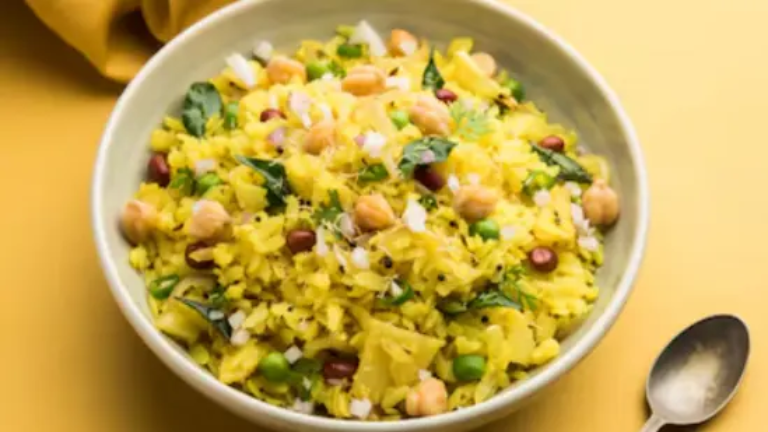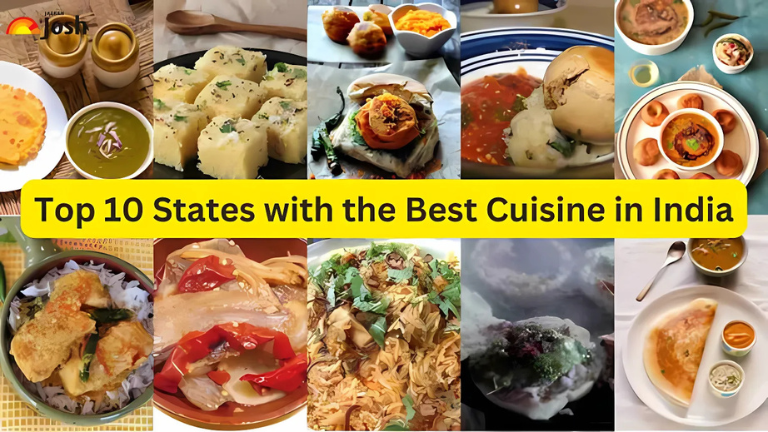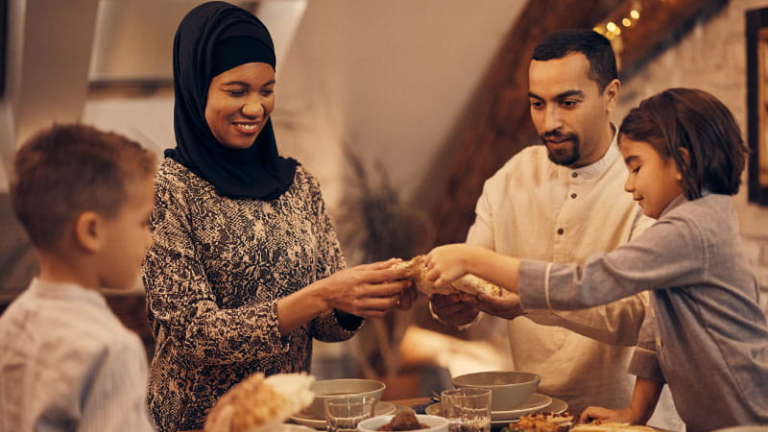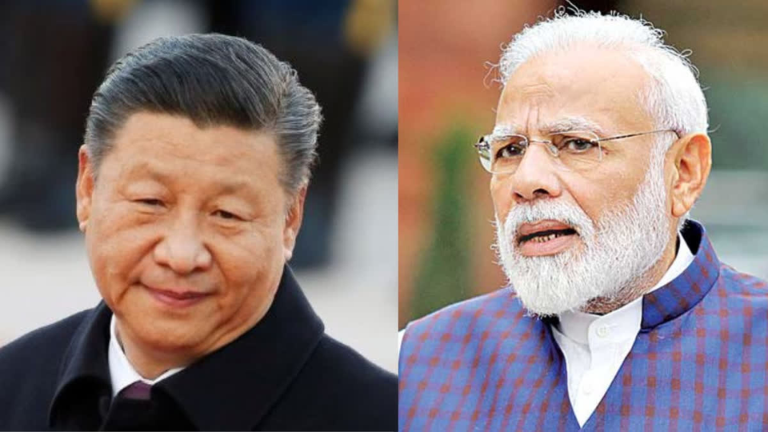Poha is Pure Rice! Doctor Reveals Why Your Favourite Breakfast Option is Actually Not Healthy???
For many Indian households, poha is a go-to breakfast. It’s light, easy to cook, and loved across age groups. But a recent statement has stirred quite a debate among health-conscious readers. Poha is pure rice! Doctor reveals why your favourite breakfast option is actually not healthy—this bold claim by Ameera Shah, executive chairperson of Metropolis Healthcare, has caught everyone’s attention.
In a recent episode of Figuring Out With Raj Shamani (March 18), Shah explained that while poha might appear to be a healthy choice, it’s essentially just another form of carbohydrate-rich food that can spike blood sugar levels. This insight challenges the conventional belief that poha is a smart breakfast pick.
Why “Poha is Pure Rice! Doctor Reveals Why Your Favourite Breakfast Option is Actually Not Healthy” is Trending?
The keyword phrase “Poha is pure rice! Doctor reveals why your favourite breakfast option is actually not healthy” is trending because it touches a nerve in Indian dietary habits. Poha has long been seen as a quick, safe, and even diet-friendly meal.
But as Shah said on the podcast:
“Poha is supposedly a healthy breakfast in India. That is something I have never understood. It is all rice flakes. Rice is pure carbohydrates. Carbs, when they break down, are pure sugar.”
This direct explanation forms the backbone of “Poha is pure rice! Doctor reveals why your favourite breakfast option is actually not healthy”, breaking down the scientific reason why rice-based dishes might not be as harmless as we think.
The Carb Connection: Is Poha Spiking Your Blood Sugar?
In the context of “Poha is pure rice! Doctor reveals why your favourite breakfast option is actually not healthy,” the key concern lies in blood sugar spikes. Shah points out that a typical Indian meal cycle often includes rice-based foods not just once, but multiple times a day.
“When you eat poha in the morning, then rice and dal for lunch, samosa or vada pav in the evening, and pasta at night—you are basically eating only carbs.”
This continuous cycle of carb-heavy meals can lead to unstable blood sugar levels, potentially increasing the risk of insulin resistance, obesity, and type 2 diabetes. So yes, under the lens of science, poha is pure rice, and this insight reaffirms why “Poha is pure rice! Doctor reveals why your favourite breakfast option is actually not healthy” is creating ripples online.
What Nutritionists Say About the Poha Debate?
Many nutrition experts agree with the idea behind “Poha is pure rice! Doctor reveals why your favourite breakfast option is actually not healthy” but also add a balanced viewpoint. The glycaemic index of poha is moderate, and its impact depends on how it’s prepared.
Here’s how you can still enjoy poha without health risks:
- Add vegetables: Carrots, beans, peas, capsicum, and onions boost fiber.
- Include protein: Top it with peanuts, paneer, or a boiled egg.
- Watch the oil: Use cold-pressed oils in moderation.
- Mind the portion: One small bowl is enough.
So while the headline “Poha is pure rice! Doctor reveals why your favourite breakfast option is actually not healthy” is strong, the reality is—how you make your poha matters.
A Healthier Take from Shehnaaz Gill
Interestingly, Shehnaaz Gill, actress and Bigg Boss 13 contestant, shared her version of poha in a recent Times Foodie interview. Even though “Poha is pure rice! Doctor reveals why your favourite breakfast option is actually not healthy” might hold true in some cases, Shehnaaz’s recipe adds balance and nutrition.
She said:
“My poha recipe is different. I add more vegetables than poha. Along with that, I have granola and curd.”
This approach converts a carb-heavy meal into a nutrient-dense combo, showing that the keyword “Poha is pure rice! Doctor reveals why your favourite breakfast option is actually not healthy” doesn’t mean you need to give up on poha altogether—it just needs a smart makeover.
What Are the Alternatives?
If the viral claim “Poha is pure rice! Doctor reveals why your favourite breakfast option is actually not healthy” has made you question your morning meal, here are some better breakfast alternatives:
- Paneer-stuffed oats cheela
- Quinoa upma with vegetables
- Chickpea salad with boiled egg
- Moong dal chilla with curd
- Greek yogurt with seeds and fruits
These options are high in protein, fiber-rich, and less likely to spike your sugar levels, giving you sustained energy through the day.
Should You Stop Eating Poha?
Not necessarily. The focus of “Poha is pure rice! Doctor reveals why your favourite breakfast option is actually not healthy” is on awareness, not fear. If poha is your comfort food, you don’t have to ditch it completely. Just rethink how you prepare it.
Here’s how to make poha part of a balanced breakfast:
- Use red rice poha or brown rice flakes instead of white
- Add lean protein to slow sugar release
- Avoid refined oil or extra salt
- Combine it with a side of fruit or curd for better nutrient profile
Final Thoughts on “Poha is Pure Rice! Doctor Reveals Why Your Favourite Breakfast Option is Actually Not Healthy”
There’s no doubt that “Poha is pure rice! Doctor reveals why your favourite breakfast option is actually not healthy” has sparked an important conversation. It’s less about demonizing poha and more about recognizing how carbohydrate-dominant our diets have become.
If we want to build healthier eating habits, understanding food composition is key. Poha isn’t evil—but eating it in the right way is crucial. So next time you serve yourself that bowl of poha, make sure it’s got more than just rice flakes.
After all, a smarter plate makes a stronger body.





